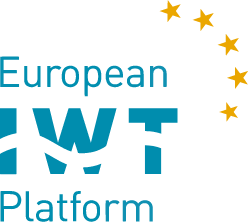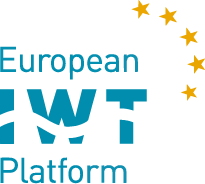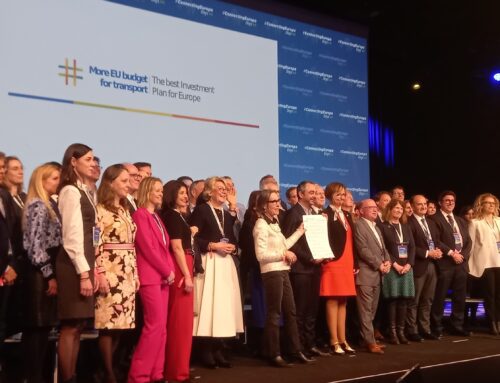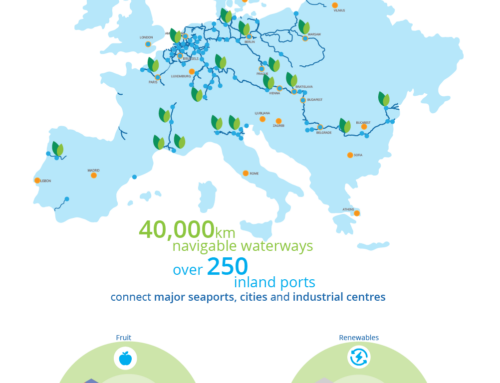Since the initiation of the development of European crewing requirements, enforcement and control using electronic tools has been considered. The discussion surrounding the implementation of these measures, especially regarding remote data access and its parameters, has generated considerable debate.
The Commission’s initiative
The European Commission, having initiated a study on electronic tools as early as 2019—although its findings remain unpublished—aims to allow remote access to recorded data for competent authorities. This access shall not only include logbooks and service record books but also working time records.
Following careful consideration and internal discussion, the representatives of the IWT Platform have consistently advocated for a cautious approach to digital control, highlighting concerns regarding potential privacy implications and avoiding excessive surveillance.
In April 2023, social partners adopted the joint “Core Principles Digital working & resting time registration in inland waterway transport (IWT)’’. Notably, the text included that “controls of the data are possible during live inspections on board of the vessel by authorised Water Police officers or any other authorised inspection service. Data can be requested by the competent authorities in the form of an electronically transmitted inventory at that moment.”
During the CESNI/QP/Crew meeting in November 2023, discussions continued regarding remote access. The Commission announced that an expert would have presented the Commission’s intentions at the subsequent meeting.
At the CESNI/QP/Crew meeting held on February 28, an expert from the EU Commission presented proposals concerning the recording and accessibility of data in the logbook, service record books and, where applicable, working time records.
The presentation elaborated on implementing cloud tools linked to an “in-vessel-registration unit” for remote accessibility of data by authorities. However, it underscored the necessity for establishing clear parameters regarding the extent of authorities’ access, whether continuous or periodic, the requirement for consent, and the accessibility in cross-border scenarios.

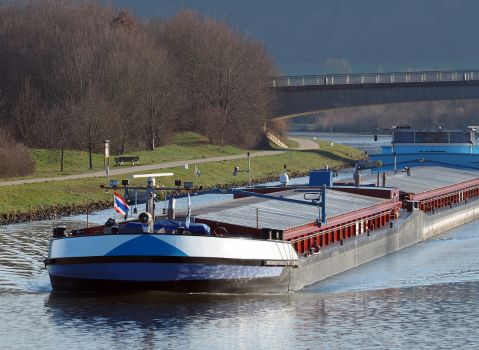
IWT sector’s concerns
From IWT-P perspective, granting authorities real-time remote access to working time records, potentially without consent, goes beyond what is necessary. Furthermore, it deviates from the stipulations of the IWT Working Time Directive and its criteria for recording.
While the Commission’s expert contends that remote access is not a form of surveillance, ship operators, boatmasters, and crew members argue that constant remote accessibility, beyond on-board inspections, imposes significant surveillance pressures. This excessive level of control outweighs any potential benefits.
In conclusion, while the Commission’s expert contends that remote access is not a form of surveillance, ship operators, boatmasters, and crew members argue that constant remote accessibility, beyond on-board inspections, imposes significant surveillance pressures. In the IWT sector, the prevailing viewpoint is that this excessive level of control outweighs any potential benefits. As discussions persist, finding a balanced approach that ensures enforcement and control of crewing requirements on the one side and on the other side recognises that the control of working time is governed by rules other than those relating to crewing requirements.
Author: Andrea Beckschäfer
